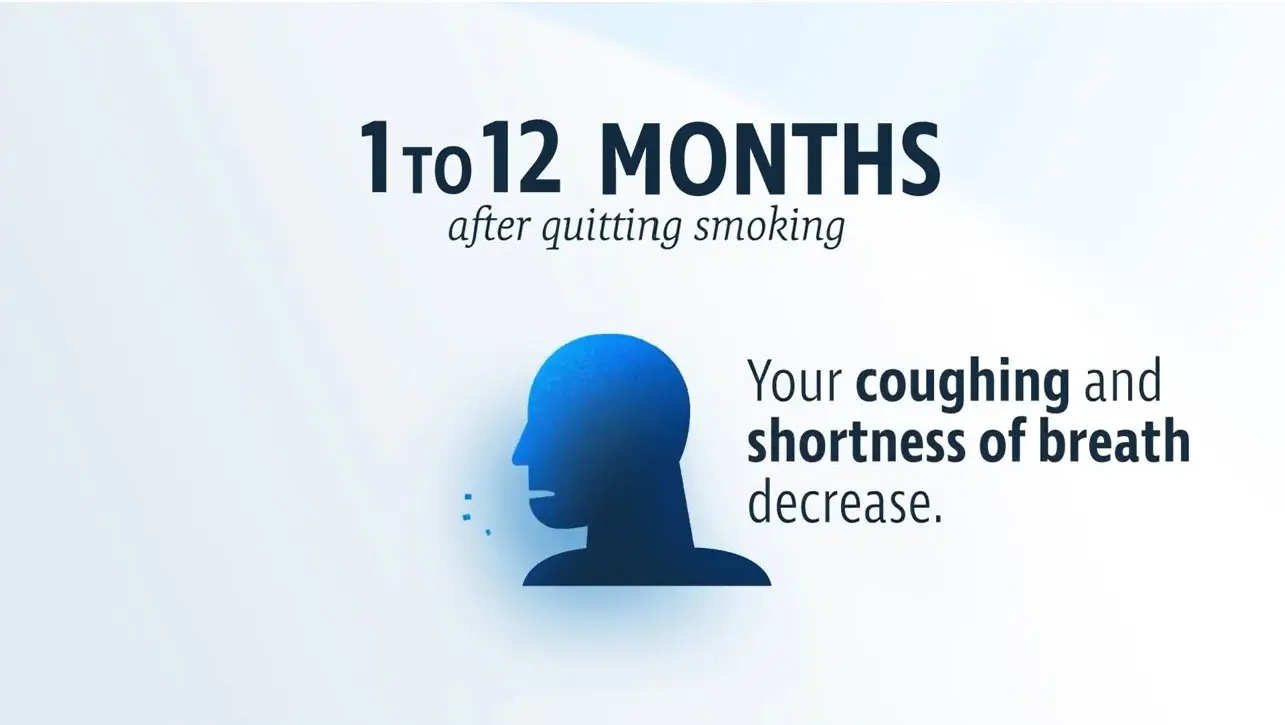Smoking is a habit that millions of people around the world struggle to quit. However, there are some individuals who can proudly say, i never smoked in my life. Being a never smoker has numerous health benefits and can significantly improve your overall well-being. In this article, we will explore what it means to be a never smoker and the advantages that come with it.

What is Considered a Never Smoker?
A never smoker is someone who has never smoked a cigarette or any other form of tobacco product. This includes not only traditional cigarettes but also cigars, pipes, and smokeless tobacco. Never smokers have never been addicted to nicotine and have not been exposed to the harmful chemicals found in tobacco smoke.
According to the Centers for Disease Control and Prevention (CDC), being a never smoker is the ideal status when it comes to tobacco use. Never smokers do not have to worry about the health risks associated with smoking, such as lung cancer, heart disease, and respiratory problems.
What Happens if You Don't Smoke?
The benefits of not smoking are numerous and begin to manifest almost immediately after quitting. Let's explore the timeline of these benefits:
After 1 Hour
Within as little as 20 minutes after smoking the last cigarette, your heart rate starts to drop, and blood pressure begins to decrease. Circulation begins to improve, and your body starts to heal.
After 12 Hours
Cigarette smoke contains harmful chemicals, including carbon monoxide. Just 12 hours after quitting, your body eliminates the excess carbon monoxide, allowing your oxygen levels to return to normal. This reduces the risk of suffocation and promotes better oxygenation.
After 1 Day
Within 24 hours of quitting smoking, the risk of heart attack starts to decrease. Smoking raises the risk of developing coronary heart disease, but quitting can reverse this risk. Blood pressure begins to drop, making physical activity easier and promoting heart-healthy habits.
After 2 Days
Smoking damages the nerve endings responsible for the senses of smell and taste. After just 2 days of not smoking, you may notice a heightened sense of smell and taste as these nerves heal.
After 3 Days
Three days after quitting, the bronchial tubes in your lungs begin to relax, making it easier to breathe. You may also experience increased energy levels as your body starts to recover.
After 2 Weeks
After about 2 weeks, your circulation improves, allowing blood to flow more easily through your heart and muscles. Your lung function also begins to improve, enhancing your overall respiratory health.
After 1 Month
Within just one month of quitting smoking, you will experience a decrease in coughing and shortness of breath. The hair-like structures called cilia in your lungs regain normal function, allowing them to handle mucus more effectively and reducing the risk of infection.
After 3-9 Months
Between 3 to 9 months of being a never smoker, your lung function increases by 10%. This improvement can alleviate coughing, wheezing, and other breathing problems.

After 1 Year
After one year of not smoking, your risk of heart attack and coronary heart disease decreases by half compared to someone who continues to smoke. This is a significant milestone in improving your cardiovascular health.
After 5 Years
After 5 years of being a never smoker, your risk of certain cancers, such as lung, cervical, and stroke, is reduced by half. Your overall health continues to improve, and your risk factors resemble those of a non-smoker.
After 10 Years
After a decade of not smoking, your risk of developing and dying from lung cancer is reduced by half compared to a current smoker. Additionally, your risk of other cancers, such as larynx and pancreatic cancer, continues to decrease.
After 15 Years
After 15 years of being a never smoker, your risk of developing and dying from lung cancer is almost equivalent to that of someone who has never smoked. Your body has had ample time to heal and recover from the damages caused by smoking.
Is It Good That I Don't Smoke?
Quitting smoking is one of the most important actions you can take to improve your health, regardless of your age or how long you have been smoking. The benefits of quitting are extensive:
- Improves health status and enhances quality of life.
- Reduces the risk of premature death and can add as much as 10 years to life expectancy.
- Reduces the risk for many adverse health effects, including cardiovascular diseases, respiratory problems, and cancer.
- Benefits people already diagnosed with coronary heart disease or chronic obstructive pulmonary disease (COPD).
- Benefits the health of pregnant women, their fetuses, and babies.
- Reduces the financial burden that smoking places on individuals, healthcare systems, and society.
While quitting smoking earlier in life yields greater health benefits, quitting at any age is beneficial. Even if you have smoked for many years or heavily, quitting smoking can still improve your health and reduce your risk of developing smoking-related diseases.
Quitting smoking is also the best way to protect your loved ones from the health risks associated with secondhand smoke. By choosing not to smoke, you are creating a healthier environment for your family, friends, and coworkers.
Being a never smoker is a commendable accomplishment that brings numerous health benefits. From improved cardiovascular health to a reduced risk of cancer, not smoking allows you to live a healthier and longer life. If you have never smoked, continue to embrace your smoke-free lifestyle. If you are a smoker, consider quitting to reap the countless advantages of being a never smoker.
If you want to know other articles similar to Benefits of being a never smoker: health, longevity, and more you can visit the Health category.


Related Articles